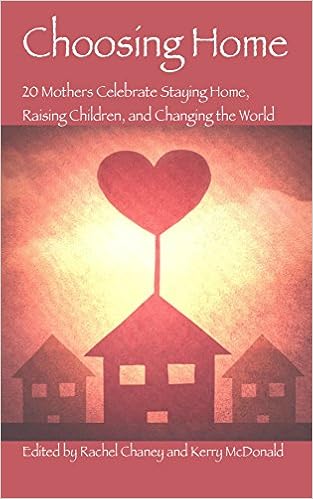It started with a “Dude Perfect” video on YouTube. A couple of years ago, when Jack was very interested in basketball, he found these guys who create fun videos about making baskets with all sorts of twists and turns. He continued to watch these videos, even after his interest in basketball waned; and when his interest in photography sprouted, he followed the basket-swishers on Instagram. It was there that Jack first learned about the Make-A-Wish Foundation.
The "dudes" posted a video of a young boy with muscular dystrophy who had an opportunity to be in a "Dude Perfect" YouTube video as part of Make-A-Wish's efforts to grant wishes to critically ill children. Jack was mesmerized. He visited the Make-A-Wish Instagram page and was increasingly curious.
Jack then asked if I knew about the organization. I said I had a vague understanding of their mission, but suggested he visit their website to find out more. He read to me the gripping story about the organization's beginnings to its current impact. I was in tears. He explored much of the site, reading more stories and learning more about the different chapters. He decided to make an online donation, giving 20 percent of his total savings to this organization that captivated him. He wanted to know how much Make-A-Wish's total annual donations amounted to. I suggested he search on Wikipedia, but he couldn't find the information there so he returned to the organization's website and downloaded their 2017 annual report and analyzed their audited financial statements to determine annual revenue and expenses, all on his own.
Were you voluntarily reading financial statements at age nine? I certainly wasn't. And I'm fairly certain that the first time I read one was to prepare for a test, not because I was personally curious about an organization's economic health.
This is unschooling. This is where attaining strong literacy and numeracy skills meet individual interests and innate childhood curiosity. This was not forced. This was not part of a curriculum or an objective to get my child to do something or to learn something. It sprouted from a circuitous path of emerging and waning interests to a current desire to learn more about a specific topic. It involved my adult presence and support and interest in his interest, and my encouragement of his knowledge-seeking. This is how parents and educators create the conditions necessary for self-education.
If someone asks what an interest in basketball has to do with "real" learning or how watching YouTube videos can be "educational," this is a good example of how genuine interests lead to deep learning--when those interests and that learning are supported by grown-ups.
In her article, "How Do They Know That?" long-time unschooling author and advocate, Wendy Priesnitz, writes about the natural and enduring ways children learn without schooling. She explains that the difficulty in imagining how one could learn without school is firmly rooted in our own schooled experience, in our own conditioning. She writes:
"The elephant in the room is that much of what is supposedly learned in school isn’t really learned at all. It is mostly material that has been memorized, whether it be history dates, mathematical formulae, or the difference between a verb and a noun. Absent any interest in learning the material and any context for it, as well as sufficient time to experiment with, adapt, and apply the information, I do not think that we can call this process learning. Rather, it is memorizing, regurgitating, and forgetting. (Why else would teachers and some parents bemoan the 'ground lost' during summer vacation?!)"
Independent of curriculum and assessment, learning outside of conventional schooling happens organically through real-life immersion in the people, places, and things around us--both real and virtual. When young people are supported in their self-education, and when we adults respect their interests and encourage their curiosity, they learn and do remarkable things: things (like reading financial statements), that many of us would otherwise only do when forced.
























No comments:
Post a Comment
Note: Only a member of this blog may post a comment.